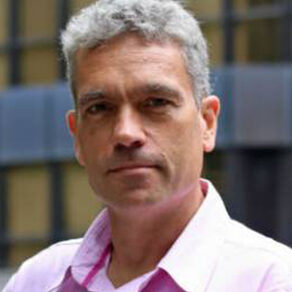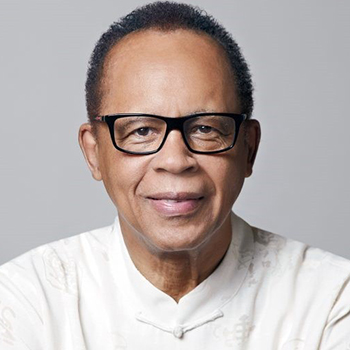
York University’s Faculty of Education has created a consulting initiative called ED Global, which will work collaboratively with school boards, educational organizations, governments and diverse communities to help them maximize positive change.
ED Global began, as many ideas at York University do, with a desire to have a positive influence in the world.

In 2022, Faculty of Education Dean Robert Savage was thinking about how to pursue new ways to make an international impact with existing resources. Savage found himself considering one of the Faculty’s most precious resources.
“It occurred to me that we have a great deal of expertise – both in terms of the scholarly side and experiences around running and managing complex aspects of educational systems,” he says. “I thought we could leverage that to think about the ways that we could support educational systems work around the world.”
The result is ED Global, a revenue-driving initiative that draws on participating community members acting as consulting specialists. These specialists will use their backgrounds in kindergarten to Grade 12 education to work collaboratively with clients from school boards, educational organizations, governments and diverse communities. They will develop and deliver custom solutions for clients’ respective needs in regions around the world.
“Our broad advantage lies in the ED Global mix of thought leadership with practical expertise,” says Lorne Foster, who, in addition to being involved the initiative, is director of the Institute for Social Research and York Research Chair in Black Canadian Studies and Human Rights (Tier 1). “ED Global promises to adapt and implement best-practice approaches and strategies and develop global inclusive education that will serve to advance understanding, enable smart decision making and build stronger communities on the international stage.“

In addition to facilitating strategies to more efficiently manage complex educational systems, collaborate with government organizations, partner with other academic institutions, develop curriculums and more, Foster has another hope for ED Global. He sees it as a means for York University to extend its pedagogical leadership and principles of decolonizing, equity, diversity and inclusion.
“I see ED Global as a special emissary of York’s long-standing traditions of social justice and its openness to a diversity of peoples,” Foster says. “For me, this means that ED Global is like an operating system with a mission to take the indelible ‘made at York’ social justice message out into the world.”
Something important to Savage, Foster and ED Global, however, is that its consulting efforts don’t impose solutions so much as guide them.
“We’re not coming in telling people what to do. We’re not saying we know it better. But we bring expertise and we’re bringing experience,” says Savage. “What I see as our core direction is helping other systems around the world become as strong and self-sufficient as they possibly can.”
ED Global launched its website earlier this year and has since been building out its roster of consulting specialists, as well as generating word of mouth around its offerings through faculty members representing it at conferences, research trips and more.
“We’re looking to build connections as a very globally connected Faculty with other Faculties and other groups around the world,” says Savage. The goal is for every individual partnership to lead to a network of potential new partnerships.
Even though it’s still early days for ED Global, Savage has high hopes for the road ahead. “I’d like to see that in a number of different ways, with different projects, we are meeting different needs and have been able to use a principled, evidenced, highly experienced consulting approach to add clear value both to the partner we’re working with but also their constituents.”
Foster has his hopes for the initiative as well. “I am looking forward to ED Global’s leadership as a research and consulting service centre with recognized positive impact on education pedagogy, education policies and education outcomes,” he says.
Article originally published in the November 6, 2024 issue of Yfile
